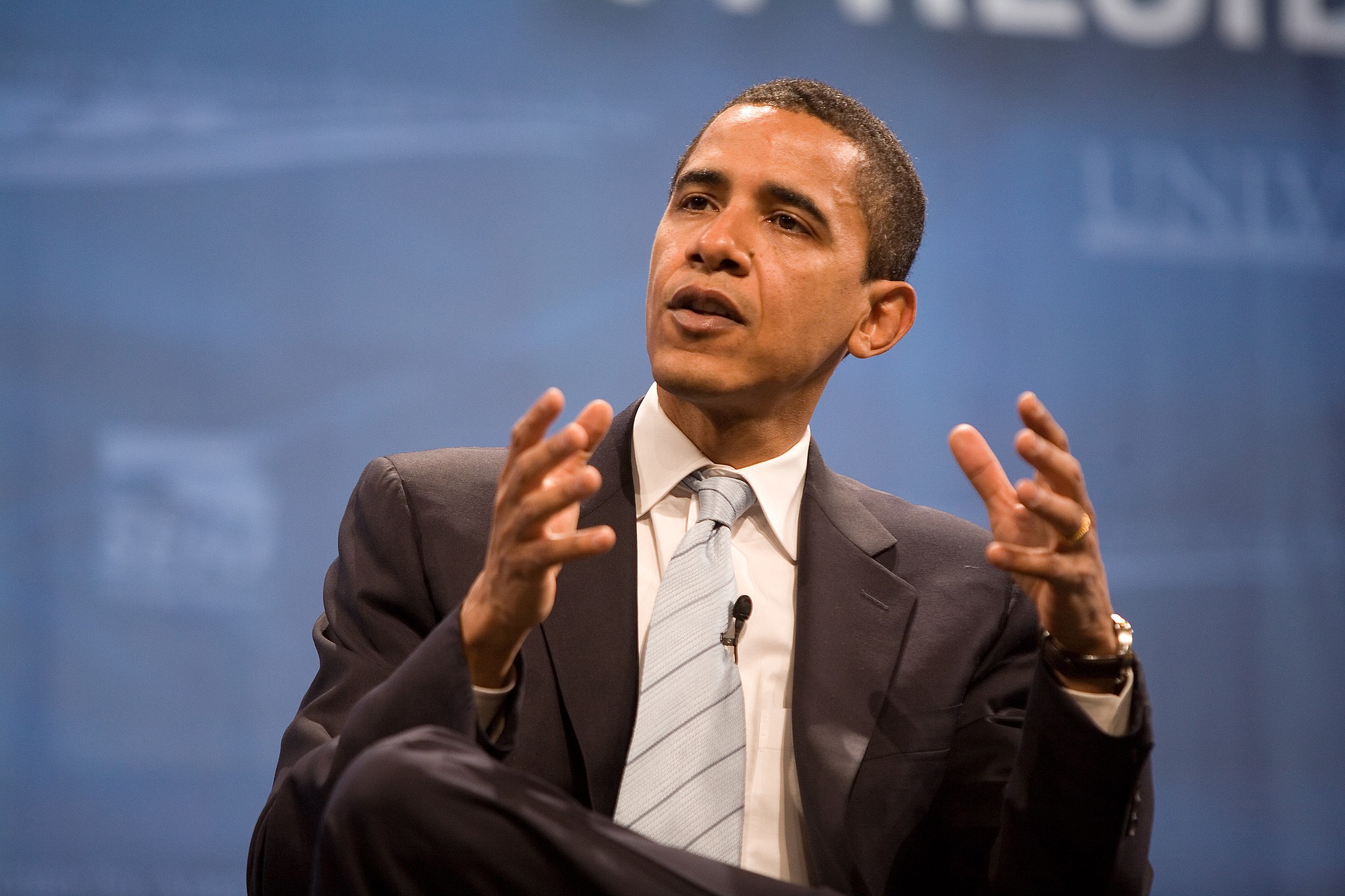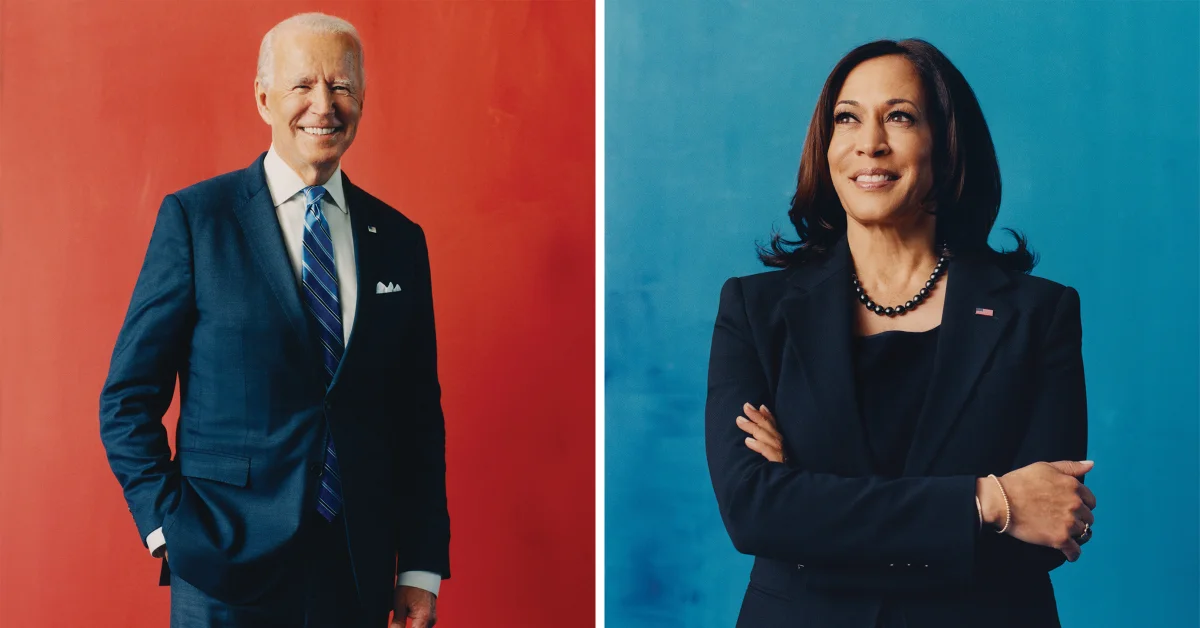Now presidential candidate and former Rep. Beto O’Rourke (D-Texas) has just been exposed for his affiliations as a teen.
O’Rourke was a member of a famous “hacktivism” group as a teenager, a Reuters report revealed Friday.
O’Rourke joined the group, called the Cult of the Dead Cow, when he was in high school, Reuters reported, citing interviews with members of the group.
The Cult of the Dead Cow, which still exists today, released a pair of tools in the late 1990s that hacked into computers that used Windows operating systems. The move caused Microsoft to increase security for their products, according to Reuters.
But O’Rourke told Reuters that he had stopped participating in the group by the time he enrolled at Columbia University in 1991.
Reuters also reported that it had no evidence that O’Rourke was involved in the kinds of activities commonly done by other hacking groups, like writing malicious code or breaching networks.
Later on Friday, O’Rourke acknowledged that he was part of the hacking group as a teenager, and said he is not “proud” of the fact.
The former Texas congressman told reporters in Iowa while on the campaign trail that the hacking group was something “that I was part of as a teenager, not anything that I’m proud of today,” according to the Texas Tribune.
“That’s the long and short of it,” he added.
The Reuters report is an excerpt from an upcoming book by reporter Joseph Menn titled “Cult of the Dead Cow: How the Original Hacking Supergroup Might Just Save the World.”
O’Rourke’s campaign did not immediately reply to a request for comment from The Hill.
The now-presidential candidate wrote pieces for the group under the username “Psychedelic Warlord.” The posts are still online.
Among the pieces he wrote were critiques of racism and a fictional piece describing hitting two children with a car.
O’Rourke told Reuters that his involvement in the group and his early presence online helped him form his opinion about the internet. The ex-congressman is a former software entrepreneur who has advocated for policies like net neutrality.
“I understand the democratizing power of the internet, and how transformative it was for me personally, and how it leveraged the extraordinary intelligence of these people all over the country who were sharing ideas and techniques,” O’Rourke told the outlet.
“When you compromise the ability to treat all that equally, it runs counter to the ethics of the groups we were part of,” he continued. “And factually, you can just see that it will harm small-business development and growth. It hampers the ability to share what you are creating, whether it is an essay, a song, a piece of art.”
O’Rourke also told Reuters that while he didn’t participate in the group after he started college, he remained friendly with the members.
“I was really at the margins, but I very much wanted to be as cool as these people, as sophisticated and technologically proficient and aware and smart as they were,” he told the outlet. “I never was, but it meant so much just being able to be a part of something with them … understanding how the world worked – literally how it worked, how the phone system worked and how we were all connected to each other.”
O’Rourke announced Thursday that he would run for the Democratic presidential nomination. He challenged Sen. Ted Cruz (R-Texas) in 2018 for Cruz’s Senate seat, but lost narrowly in a heavily Republican state.
Src: The Hill


